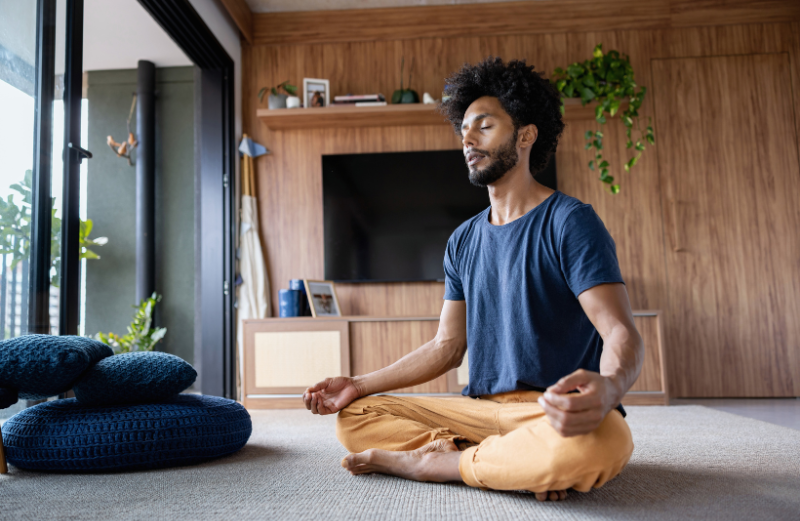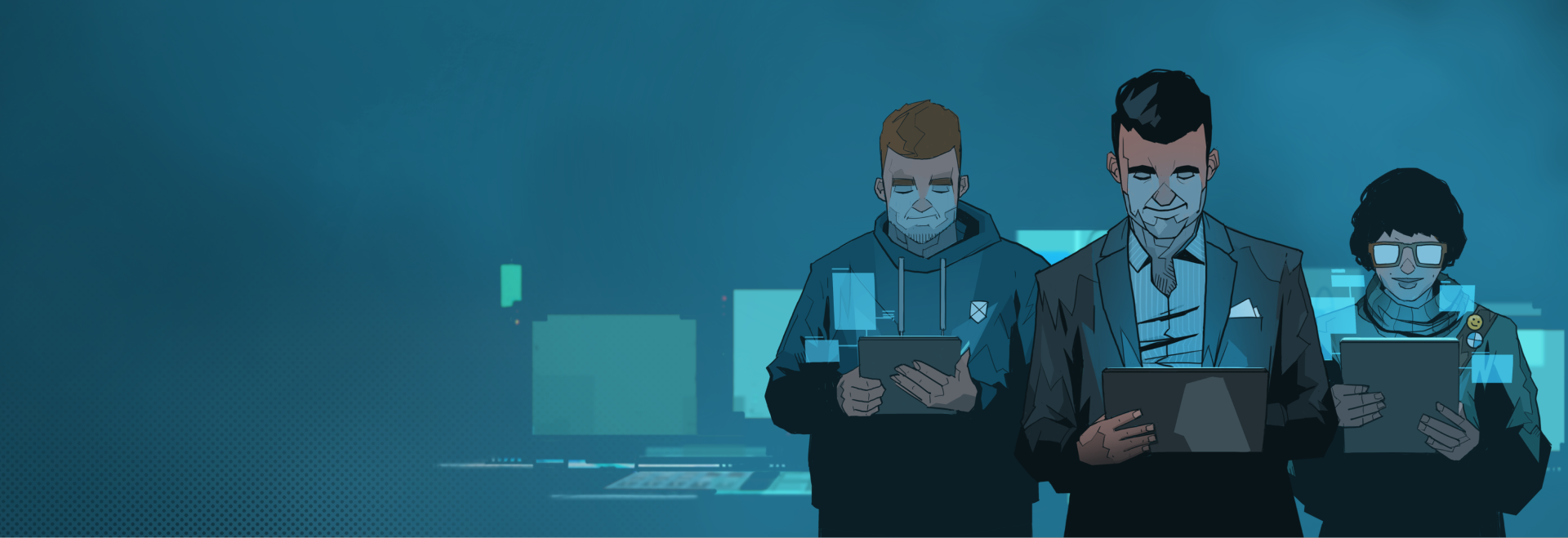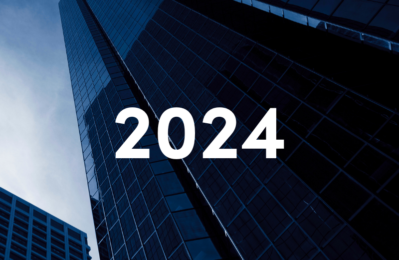A job interview is an experience that can make many people feel uncomfortable. The key to success is good preparation, which can change the entire course of a meeting, whether it’s in person or online. We are bringing you several proven tips to help you avoid awkward moments and successfully navigate the entire process.
1. Study the job description
Start your preparation by thinking about why you are the best fit for the position. If you are experiencing imposter syndrome, this step can help you gain confidence. Focus on what skills and qualifications the company is looking for and find them on your resume or LinkedIn profile. Later in the interview, answer questions in a way that makes the recruiting team notice that you match their requirements, backing up your skills with specific examples from your career so far. When describing your achievements, try to quantify them using measurable indicators such as time saved, finances gained, increased quality or safety.
2. Prepare to address gaps in your CV
If the job description mentions an area you are not familiar with, find out more about it. If this is not possible, prepare to talk about how you would learn the skills on the job. If there is a gap in your CV due to unemployment, you can describe the skills you have acquired or the personal growth you have achieved during this period. It is proven that people who behave authentically in a job interview perform better. Trying to be someone you are not takes a lot of mental energy, increases anxiety and can prevent you from forming a positive relationship with the interviewer.

3. Practice the answers to the interview questions in advance
Look up some sample interview questions for the position you are applying for. Practice talking about your strengths and weaknesses and how you have handled challenges in the past. If you are leaving your current job, be prepared to explain why you are considering a change, while being respectful and diplomatic about your current employer. If you can’t find someone to rehearse the interview process with, do it in front of a mirror or record yourself on a video. Observe how you present yourself. If you have poor posture, learn to sit upright. If you notice a distracting habit, such as playing with your hair or fidgeting, try to avoid it.
4. Get to know the company from the inside
Take the time to research the company you want to work for – learn about its history, mission, values, recent successes and organisational structure. This knowledge will demonstrate your interest and allow you to tailor your answers to match the brand’s goals. Remember that interviews are also an opportunity for you to evaluate the company. You can ask questions about team dynamics, future projects and vision, which will make you sound engaged and help you see if you would feel comfortable there.
5. Prepare to be asked about potential salary
Employers always ask about your salary expectations because they want to make sure they are in line with the budget allocated for the job. There’s no perfect answer to this, but Sho Dewan, a career coach and one of LinkedIn’s Top Voices 2020 in the Job Search and Careers category, lists three different alternatives to inspire you. The first option is to ask the other party what budget they have set aside for the position instead of answering directly. The second alternative is to provide them with your expected salary range based on an online survey you do in advance about similar jobs in the market. The third option is suitable for those earning higher figures – you can simply tell the person how much you have been earning so far and what figure you expect. Sometimes this will help clarify expectations for both parties and save time.

6. Self-confidence can be learned
It can be difficult to feel confident during periods of unemployment. Therefore, be careful not to overestimate the benefits of getting the job – it can make you feel even more nervous or cause you not to ask the right questions at the interview. Make sure you get enough sleep the night before the interview, and don’t forget to have a nutritious breakfast in the morning. Take an essential oil with you, such as lavender, which research suggests has calming effects, and apply a few drops to your wrists and pulse points just before the interview.
Putting together the right playlist can also help – studies show that listening to music before a stressful situation allows the nervous system to recover more quickly. Pay attention to the physiological signals in your body that remind you to redirect your mind’s attention to the present to ease your anxiety. Picture in advance in your mind that the interview will be successful. Positive visualization is also used by many top personalities in business or sports to help them concentrate and achieve a goal.
7. Details before the interview can make a big difference
If your interview takes place online, make sure you have a stable internet connection, your audio is clear, and the camera captures your head and upper arms. Consider blurring the background and try to connect to the platform five minutes before the scheduled time to take into account any technical issues. If the meeting is in person, plan how you will arrive at the venue on time and set aside plenty of time in advance for potential delays. Keep your attire professional and clean so that the other party is focused on what you are saying, not what you are wearing. Keep your posture straight during the interview, shake the interviewer’s hand firmly, maintain good eye contact and remember to smile. Take a deep breath, relax and speak assertively. These non-verbal signals can sometimes speak louder than words.
8. Practice radical acceptance after the interview
After the interview is over, take a deep breath because you’ve gotten through the hardest part. The next one, the waiting, just requires patience and a lot of self-compassion. So, practice radical acceptance: know that you will be okay no matter the outcome. Arrange with friends to go out for dinner or drinks after the interview. If you do something positive no matter how it turns out, you will have something to look forward to, and the presence of close people who give you a different perspective will ease your anxiety. The last thing you want to do is go home and replay the interview in your head alone all evening…


Titans that have
joined us

Clients that have
joined us

Succcessfully supplied
man-days






